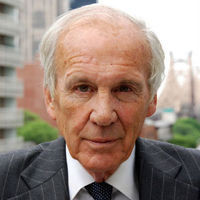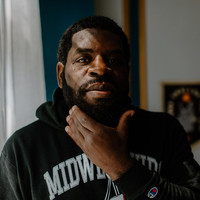Leslie Jamison is the author of The Empathy Exams, The Recovering, and the novel The Gin Closet. Her new essay collection is Make It Scream, Make It Burn.
“My writing is always basically asking: what does it feel like to be alive, and how do we ever try to understand what it feels like for anybody else to be alive? In that sense, on the intellectual level, I’m always going to keep chasing the same unanswerable things.”
Thanks to Mailchimp, Pitt Writers, Mythology for sponsoring this week's episode.

















